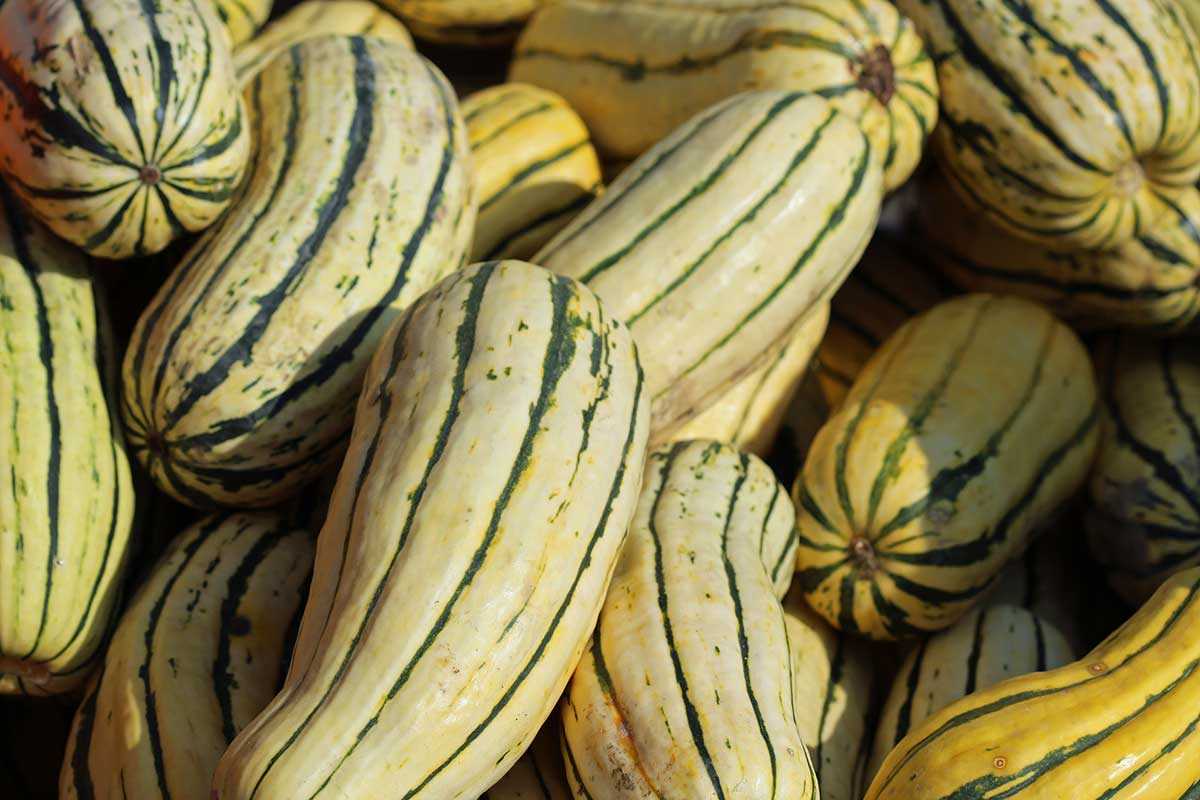
/Drying-GourdsGettyImages-616681750-593eadd93df78c537b2b7699.jpg)
Antioxidants protect against the dangerous oxidative stress that often accompanies chronically high blood sugar. Winter squash is also rich in antioxidants. It works by affecting the expression of genes that control lipid metabolism – the result of which was lower risk of fatty liver, along with cholesterol and triglyceride reduction. Winter squash extract, extracted from the crookneck pumpkin (Cucurbita moschata), has shown some exciting anti-obesity effects. Research on Winter SquashĪlthough winter squash is inarguably higher in carbohydrates than we’d like it to be in the context of a low carb diabetic diet, it also contains particular polysaccharides, which have actually been found to reduce blood glucose, improve overall glucose tolerance, and increase serum insulin levels in diabetic animals. Vitamin K helps your body absorb calcium, and may even reduce insulin resistance in older adults.įiber: Promotes satiety and good gut health helps regulate blood sugar.Ĭarotenoids: Carotenoids, a type of phytochemical, give winter squash their yellow and orange coloring, providing the potent antioxidants that helps support great health and ward off cardiovascular disease. Vitamin K: Can improve bone health and prevent fractures.
Squash types skin#
Vitamin A: This antioxidant promotes skin and eye health and supports the immune system. Manganese: Helps produce enzymes that are important for energy and antioxidant production.
Squash types free#
Vitamin C: This antioxidant plays an essential role in immune system support, fighting free radical damage, and may help lower blood sugar and lipids in diabetics. Winter squash has a moderate glycemic index of 51.

It’s a fantastic source of vitamins A, C, B6, and K, manganese, copper, and folate.It’s pretty high in fiber – 1 cup containing 2 to 3 grams.Winter squash is moderately high in carbohydrates, ranging from around 10 grams up to 19 grams total carbs per cup of cut cubes.However, this bright orange veggie is also packed with a ton of nutrients that can have a seriously positive influence on your health. For this reason, we recommend only consuming it in moderation. Winter squash is higher in carbohydrates than a lot of its non-starchy vegetable cousins.


 0 kommentar(er)
0 kommentar(er)
